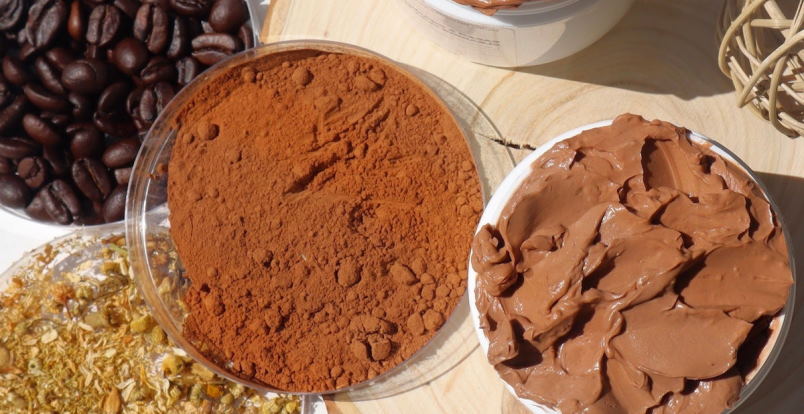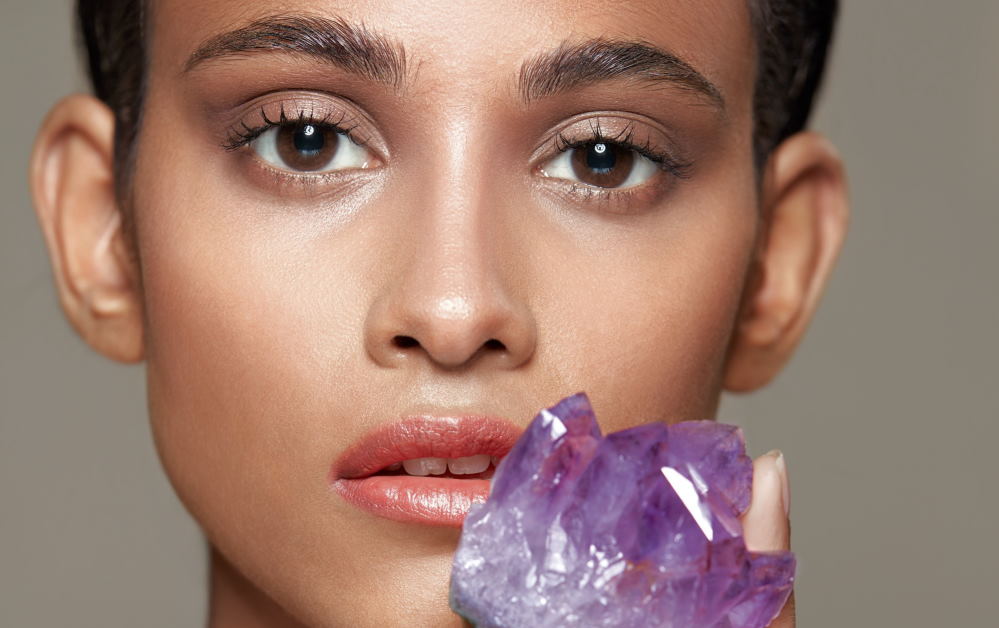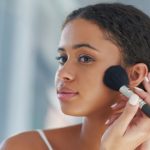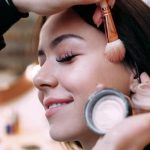Is your skin looking a little lackluster these days? You might be surprised to learn that minerals could be the missing link in your skincare routine. But, believe it or not, minerals are essential for healthy skin and can make a big difference in your complexion’s appearance and overall health.
Minerals are essential for human health, yet many women don’t get enough of them. This can have a negative impact on skin health. In this post, we’ll discuss the role of minerals in skin health and how you can make sure you’re getting enough of them. We’ll also cover the top mineral-rich foods for women’s skin health. So, if you’re interested in learning more about minerals and their impact on your skin, read on!
Why are minerals good for the skin?
Skin is responsible for protecting you from the elements and keeping you healthy. So, it’s important to make sure you take care of your skin by using products that contain minerals. Minerals are essential for the health of your skin, and they can help improve its appearance. Here are just a few of the benefits of minerals for the skin.

Minerals can help keep your skin hydrated. They also promote collagen production, which helps keep your skin looking young and healthy. And finally, minerals can help protect your skin from sun damage. So, if you want to have beautiful, healthy skin, make sure you use products that contain minerals!
Which are the best minerals for the skin?
Minerals are essential for keeping your skin looking its best when it comes to skin health. Your skin needs various minerals to function properly, including magnesium, potassium, zinc, and selenium. By incorporating mineral-rich foods into your diet, you can improve your skin health and protect it from the sun’s harmful rays. We’ll discuss the benefits of minerals for the skin and provide tips for including them in your diet. So read on to learn more!
Selenium is another mineral that is important for optimal health. For example, selenium helps protect your skin from sun damage and pollution. It’s also an anti-inflammatory agent, which can help soothe skin.

Magnesium: If you get enough magnesium through dietary sources like leafy green vegetables, nuts, seeds, legumes (beans), pumpkin seeds, blackstrap molasses, etc., then take this mineral supplement. This helps keep up good levels of calcium and potassium levels in your body. In addition, magnesium can be found in certain foods like fish, whole grains, legumes (beans), bananas, etc. To enhance magnesium absorption in your body, you should take it with a vitamin B6 supplement.
Zinc (Zn) is an essential micronutrient required for the biological activity of hundreds of proteins involved in diverse cellular processes such as DNA replication and repair, cell division, cell signaling, enzymatic activities, and protein and lipid metabolism (1). The average adult body contains ~2-3 grams of zinc, and while most are contained in skeletal muscle and bone, the skin also has a high concentration. The majority of this ~2% total body zinc (~70-80%) is found in specialized epithelial cells throughout the body, such as the epidermal keratinocytes that form the outermost layer of your skin or your inner mucosal or digestive tract lining cells. Zinc turnover in these cells is quite rapid- these specialized cell types have a life span of only five weeks to 6 months before being sloughed off and replaced by new ones.

















